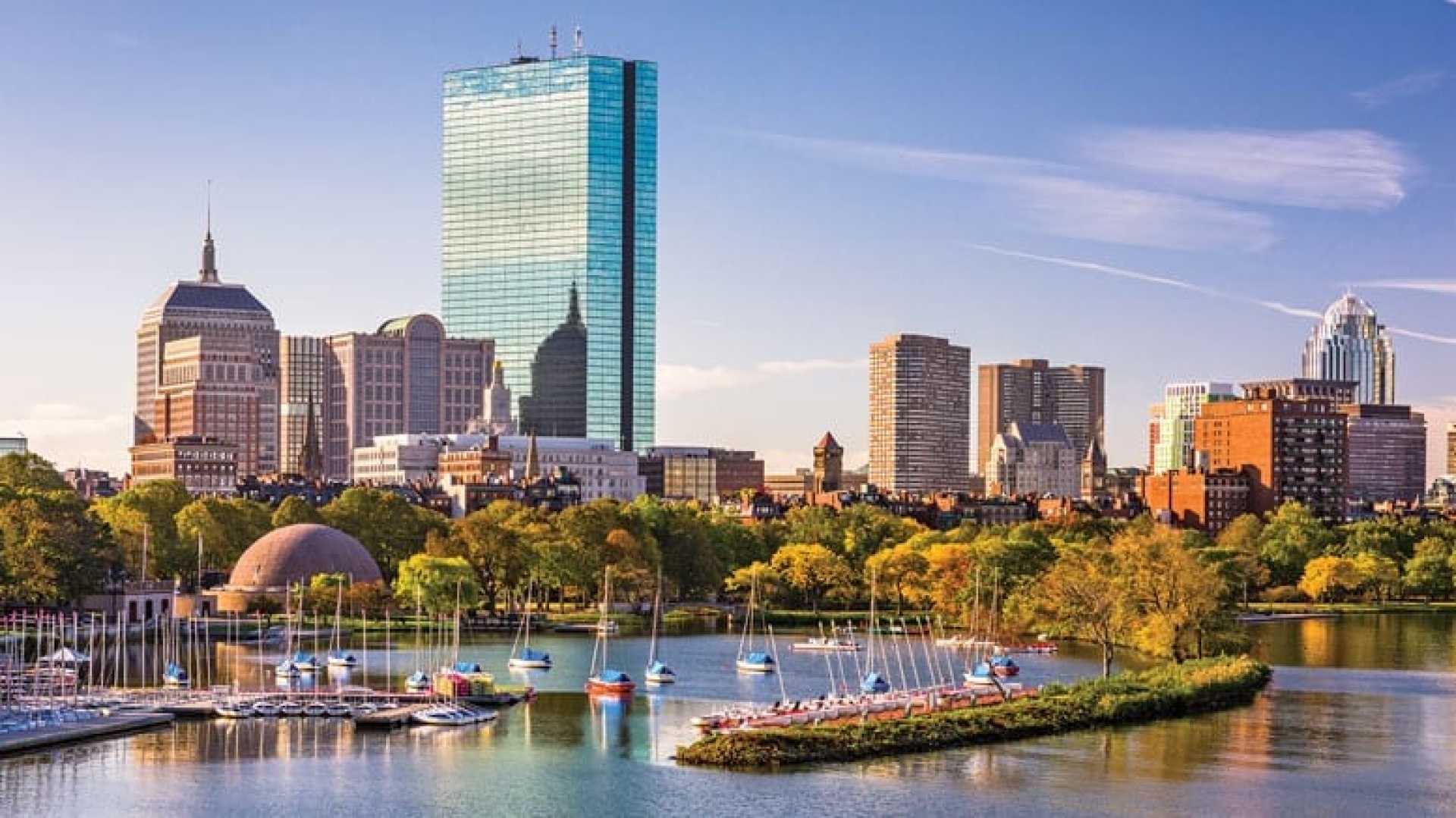News
Boston’s Evolving Identity: A Diverse Future for the City

BOSTON, MA — Boston is entering its “next chapter,” according to a recently published article in Condé Nast Traveler’s September/October issue. The piece, authored by Sarah Khan, a local native, highlights how many communities historically tied to the city have often been overlooked in its storytelling.
Khan described Boston as a place characterized by its “exclusive enclave of Mark Wahlbergs, ‘paahked caahs,’ and obnoxious sports fans,” adding that artists, entrepreneurs, chefs, and the city’s newly elected mayor, Michelle Wu, are reshaping this narrative.
The current city council is the most diverse in Boston’s history, and Wu has made equity and inclusion a priority. “Boston is very diverse and highly segregated—everyone stays in their bubble,” said Christopher Worrell, State Representative for Suffolk District 5. He indicated that a new generation is fostering greater interaction among diverse communities.
Khan, who left Boston decades ago, reflected on the invisible barriers that used to separate communities. However, her recent visits to various ethnic restaurants and businesses left her feeling more optimistic about Boston’s evolution.
In her travels, Khan explored places like a gallery in the Seaport and a community-driven restaurant in Dorchester owned by chef Biplaw Rai and his wife, Nyacko Pearl Perry. Perry remarked, “This restaurant is multiple things. We don’t represent one identity or one particular group. I think as a whole Boston is seeing more of that.”
The article also covered a Black history tour led by Marlon Solomon, who aims to highlight erased cultural landmarks in historically Black neighborhoods such as Roxbury.
Further changes are apparent in Boston’s restaurant scene, including the opening of Comfort Kitchen and other businesses that reflect the city’s evolving identity. “People are getting opportunities they never thought they would get,” Worrell added, noting the increased accessibility of liquor licenses aimed at enhancing nightlife in neighborhoods traditionally lacking such options.
As Boston prepares to commemorate its history ahead of the 250th anniversary of the American Revolution, initiatives that amplify diverse voices and experiences are unfolding across the city.
Through cultural initiatives, grants for minority-owned businesses, and the engagement of community members, there is a shared hope for a more inclusive future. “This is a city that’s been a tourism hub for a very long time,” Wu stated, outlining her vision to celebrate the multitude of voices within the city.












